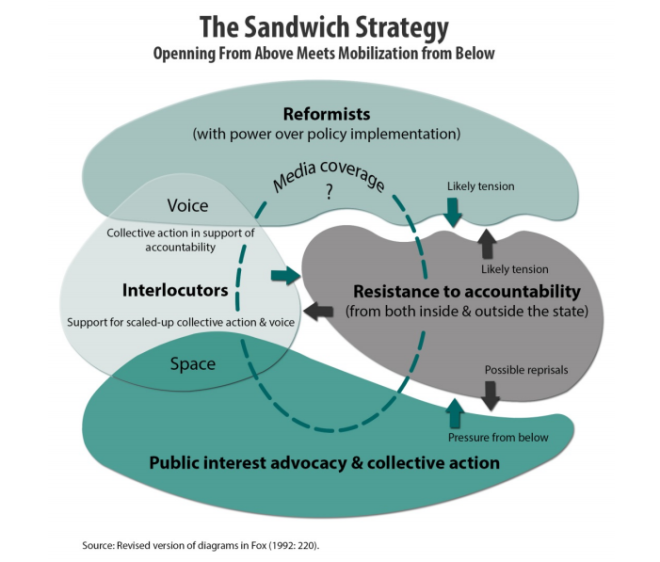I was struck today by a feminist article pushing back on Emma Watson’s recent UN speech on feminism.
In case you missed it, Watson’s talk has been extremely well received as a powerful and moving declaration of the need to push past old stereotypes. Her speech was so powerful, in fact, that certain anti-feminism vigilantes have threatened retribution, presumably in the hopes of silencing her.
The feminist complaints from renown blogger Mia McKenzie continue an ongoing debate in the feminist world. For example, Watson’s line, “I want men to take up this mantle. So their daughters, sisters, and mothers can be free from prejudice,” arguably implies that women are only definable insofar as their relationship to men. This male-centric approach ultimately does little to bring about the real change that is needed.
I was struck by this push back – in a sea of praise – in part because it feels like a debate over narrative and style rather than over ultimate substance.
I don’t mean that to demean the debate in any way – I work in communications because I believe that narrative and style are essential. But what I mean is – I suspect that if you put Emma Watson and Mia McKenzie in a room together (which would be amazing) they would generally agree about many things.
They might disagree on tactics and approach, but I suspect they would agree on outcomes.
Perhaps I am seeing something which is not there, but reading McKenzie’s response reminded me of the work of Nina Eliasoph, a sociologist who has done extensive field research with activist groups.
In private, activists would speak passionately about an issue, but in public, they would change their narrative. No longer passionate about the issue, they’d frame their concern as pure self-interest. Suddenly they were “just a mom protecting their kids.”
The reason behind this change in narrative is unclear, but Eliasoph observes this divergence again and again.
I am fascinated by this change in narrative. Whether it was an intentional media strategy or a subconscious shift, it seems to indicate a dissonance between their internal feelings and they way they feel the ought to articulate those beliefs.
In Eliasoph’s case studies, the change seemed to hurt the activists, as their passionate narratives were lost. But, of course, a carefully crafted media message can be beneficial as well.
McKenzie’s arguments are the inner voice of feminism. The voice that speaks with passion about the real abuse, the real trauma, that all women have suffered at the hands of men. The voice that proudly proclaims that the dominant narrative is not the only narrative, that fights back against the idea that women, people of color, LGBTQ communities, and more can only be perceived through this dominant narrative.
Watson’s voice is the public dialogue. The voice that raises critical issues and fights for a cause, but frames it in a way they think they can win.
If Emma Watson had given the speech Mia McKenzie wanted her to give, I’m not sure it would be so well praised. It would be, I think, too radical. Even if it would be right.
As it is, those at the outskirts are horrified to hear a woman share her voice at all. Watson gave a powerful speech, written to embrace the middle, written to welcome every self-respecting person to take arms in this fight.
So, perhaps it is reasonable to think that – even if McKenzie is ultimately right – Watson’s tactic is the right approach.
But Eliasoph’s research gives me pause. The activists who she saw play to the dominant narrative lost something in this shift. Their message was blunted, their passion obscure.
Watson certainly had plenty of passion in her speech, but I can’t but help wonder if she took the right approach in framing feminist in terms of men’s self interest. It feels like the right approach, it feels like the tactical approach.
But it sells humanity short.
And I’m not sure that is the right message to share.









